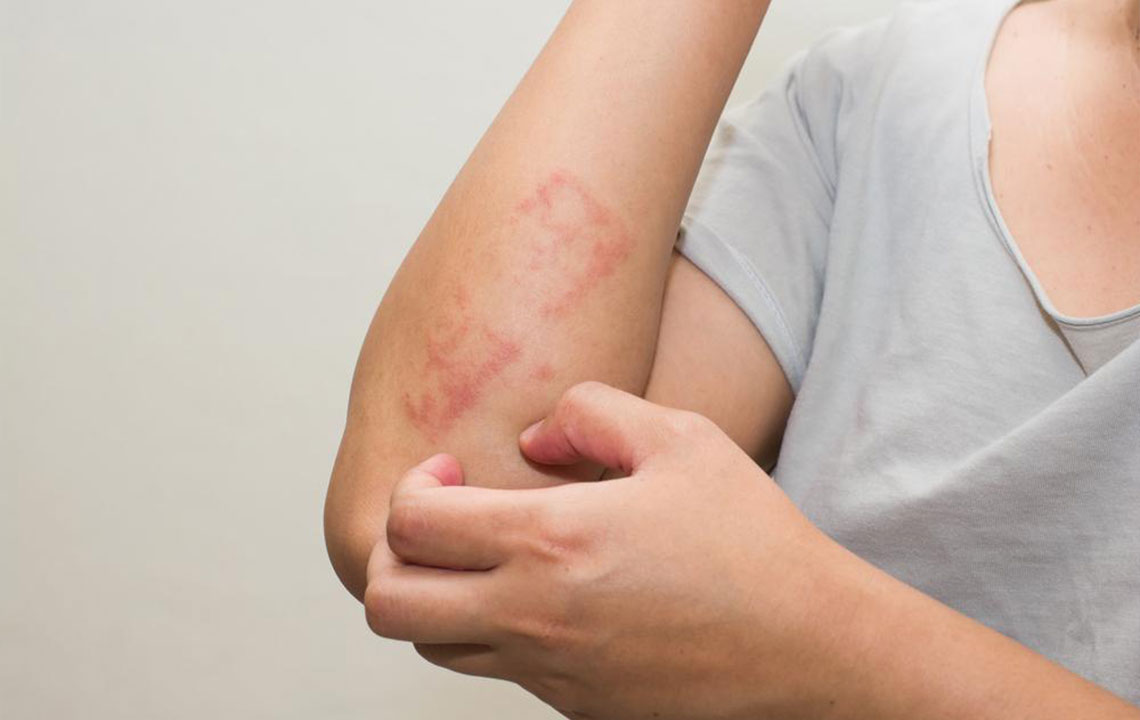5 Common Treatments Used for Postherpetic Neuralgia
What is postherpetic neuralgia?
A form of nerve damage, postherpetic neuralgia is a complication that stems from the shingles outbreak. The activation of the herpes varicella-zoster virus causes shingles. This is the same virus that causes chickenpox. When a person recovers from chickenpox, the zoster virus remains in a dormant state inside the nervous system. But few years down the line, this virus can get activated leading to shingles. In a few cases, even when shingles is treated some people might experience a persistent pain for months, and this condition is identified by postherpetic neuralgia.
Postherpetic neuralgia primarily affects the skin and the nerve fibers, and at times can be excruciating to deal with.

Symptoms of postherpetic neuralgia
The most prominent symptom of postherpetic neuralgia is the constant nerve pain in the area where shingles had occurred. This sort of pain usually lasts for three months or longer. Additional symptoms may include
- A powerful itchy feeling which arises in the area previously affected by shingles.
- Heightened sensitivity to nerve pains. For instance, even a gentle contact with clothing could aggravate the discomfort.
- Numbness, which is quite uncommon, but is observed in a few cases.
- Fever and fatigue.
Who is at high risk for postherpetic neuralgia?
Postherpetic neuralgia can happen to anyone who has suffered from shingles. Although, people over the age of 60 are more susceptible to this condition. This is of course, due to the body’s diminished ability to battle with bacteria and viruses. On the other hand, individuals with a weakened immune system can develop postherpetic neuralgia.
Postherpetic neuralgia treatments
To treat postherpetic neuralgia effectively, seeking medical intervention is necessary. Based on the severity of your symptoms the doctor will recommend you with the best postherpetic neuralgia treatments. The following are the most common treatment forms that are used by doctors to alleviate the discomfort caused by postherpetic neuralgia .
- Capsaicin
Made from the extracts of super-hot red chilis, capsaicin can be used in two forms, i.e. topical creams or skin patches. The use of topical creams doesn’t require doctor’s permission but for the skin patches, you will need a prescription. This is because the latter is highly concentrated and is only available in medical centers. It is applied to the affected area after using a numbing agent by a medically certified professional. It might take a few hours to project results but is efficient in controlling pain for patients for almost three months. The topical cream, on the other hand, requires being carefully applied only on the damaged area. You must also ensure to wash your hands thoroughly after using it. - Lidocaine skin patches
Lidocaine offers relief from pain caused by postherpetic neuralgia. However, like capsaicin patches, you will need to get a doctor’s prescription for lidocaine skin patches. These can be applied directly to the concerned are to gain momentary relief from the discomfort. One of the key advantages of using this patch it that it doesn’t result in any kind of numbness. This treatment helps reduce the effects of postherpetic neuralgia. - Medications
There is a range of medicines that are used for alleviating the pain caused by postherpetic neuralgia. These include painkillers, anticonvulsants, antidepressants, opioid painkillers, etc. However, these are not for unwarranted consumption and mandatorily require your doctor’s authorization. Even for OTC painkillers, ensure to notify your general practitioner at least once to evade any possible risks. These medicines can be used as treatments for postherpetic neuralgia, but they need to be prescribed by the doctor. - Transcutaneous electrical nerve stimulation (TENS)
In this type of treatment, a device is used to deliver tiny electrical currents which target the areas of pain. Although, this might not be practical for all kinds of patients. But you can discuss it with your GP to understand the treatment and its chances of success. - Cold packs
If your body responds well to cold compression, then you can use packs filled with a cooling gel to lessen the distress caused by postherpetic neuralgia. You can use it a few times a day to gain temporary relief.
Apart from the above mentioned postherpetic neuralgia treatments, ensure that you maintain hygiene. Also, avoid wearing skin fit clothing or synthetic fabrics that might aggravate the symptoms. If you sense that some parts of your body are vulnerable to exacerbation, then make sure that you safely cover it. Although avoid adhesive dressings which might do more harm than good.
How to prevent postherpetic neuralgia?
When you contract shingles, ensure that immediately start a treatment so that the symptoms don’t get severe. Other effective ways to prevent postherpetic neuralgia is by getting chickenpox and shingles vaccine. The shingles vaccine especially can help evade the onset of postherpetic neuralgia in elderly individuals who are over 60 years. However, before taking any vaccine, it is essential to have a word with your healthcare provider. If your doctor approves your candidature for the shingles vaccine, then you can choose to have it.

